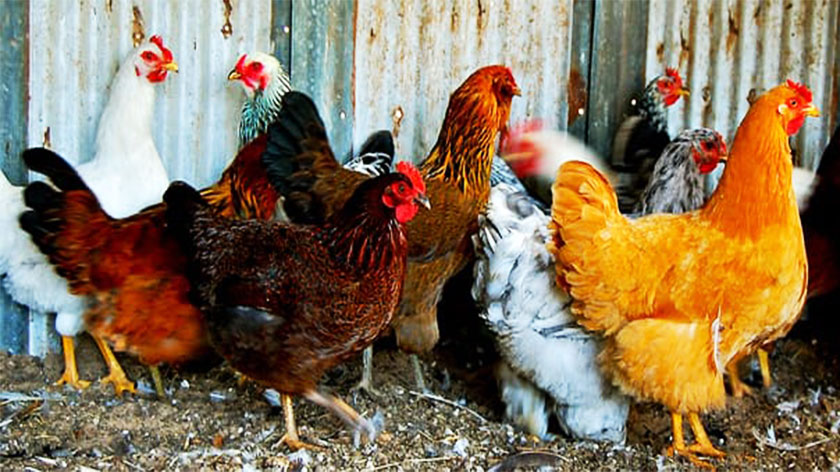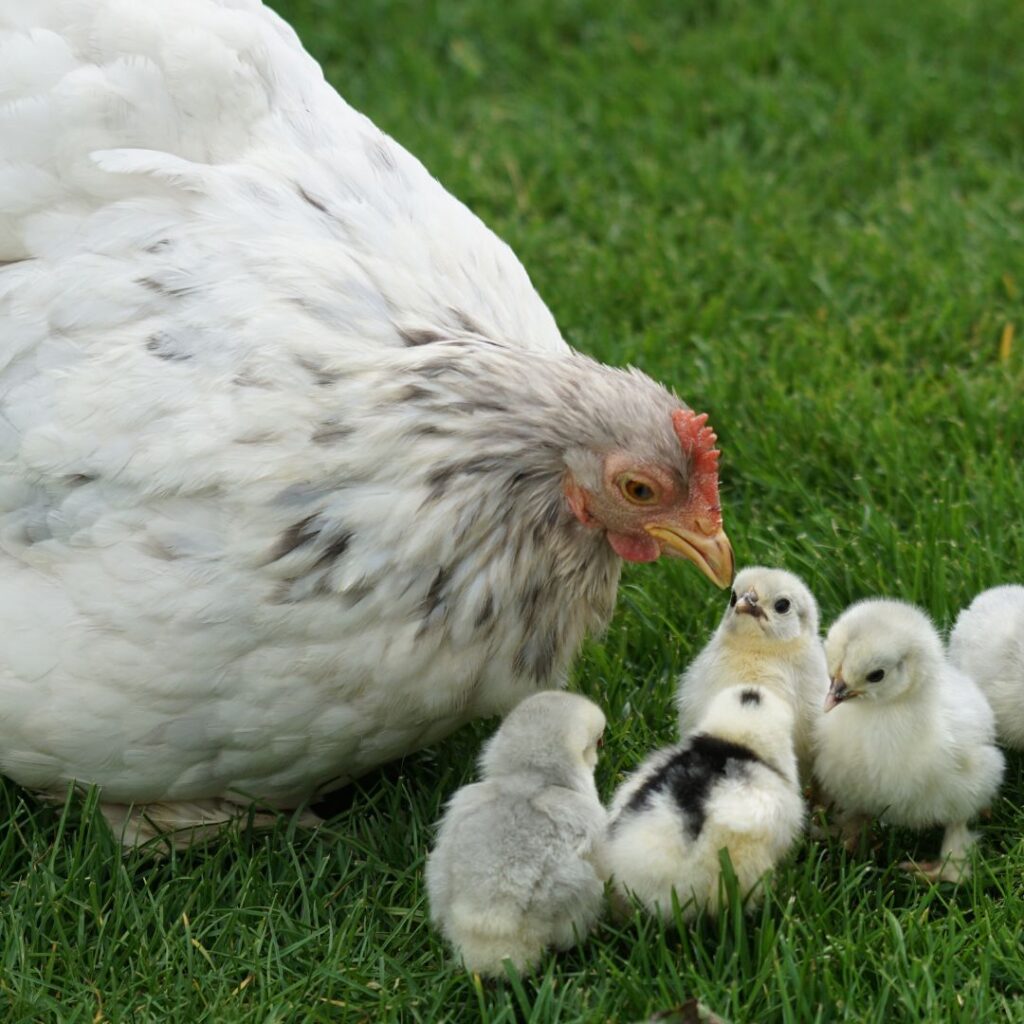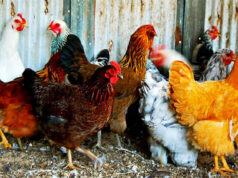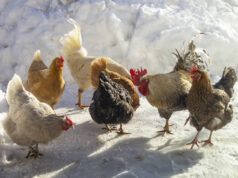If you are a poultry enthusiast, you understand the deep bond that can form between you and your chickens. Knowing how to care for an injured chicken is crucial, as it ensures the well-being of your beloved bird and maintains the overall health of your flock.
Chickens can get injured in numerous ways. Understanding the steps to take when such an unfortunate event occurs will help in the quick and effective treatment of your avian friends.

Understanding Common Chicken Injuries
Types of Common Injuries
Chickens can sustain various injuries, including cuts, scrapes, broken bones, and more. Identifying the type of injury is the first step toward providing proper care.
Causes of Injuries
Injuries often occur due to predator attacks, pecking from other chickens, accidents within the coop, or even while foraging. Preventive measures can help mitigate these risks.

Immediate Actions to Take
Isolate the Injured Chicken
When you notice an injury, the injured chicken should be isolated immediately to prevent further pecking from flock mates and to allow it time to rest and heal.
Assess the Injury
Gently approach the chicken to assess the injury. Look for visible signs of trauma, such as bleeding, swelling, or limping. Handle the bird carefully to avoid causing additional stress or pain.

Cleaning and Treating Wounds
Disinfecting Wounds
Clean any wounds with a mild antiseptic solution. Use clean water and avoid strong chemicals that may irritate the wound.
Applying Antibiotic Ointment
After cleaning, apply an appropriate antibiotic ointment to prevent infection. Cover the area with a clean bandage, if necessary.
Natural Remedies
Consider using natural remedies, such as honey or aloe vera, which have healing properties and can help promote faster recovery.

Pain Management and Medication
Human Medications for Chickens
While some human medications can be given to chickens, it is vital to consult a veterinarian. Correct dosages and types of medication are essential for safety and effectiveness.
Herbal Remedies
Herbal remedies, such as turmeric and garlic, have anti-inflammatory and antibacterial properties and can be administered as part of the chicken’s diet to aid in recovery.
Creating a Comfortable Healing Environment
Safe Space
Create a quiet and secure area where the injured chicken can recover without disruption. Ensure the space is clean and free of hazards.
Appropriate Bedding
Use soft, clean bedding to provide comfort and prevent further injury. Regularly change the bedding to maintain hygiene.
Monitoring and Follow-up Care
Regular Check-ups
Regularly check on the injured chicken to monitor its progress. Look for signs of improvement or any potential complications.
Adjusting Treatment Plan
As the chicken heals, you may need to adjust its treatment plan. Follow your veterinarian’s advice and make necessary changes to care.
Preventing Future Injuries
Injury Proofing the Coop
Ensure the coop is safe and free of sharp objects or areas where chickens can become trapped or injured.
Supervised Free Range
Supervising chickens while they free-range can help prevent accidents and protect them from potential predators.
Choosing the Right Veterinarian
Experience with Poultry
Select a veterinarian experienced in poultry care. They will have the expertise needed to provide proper treatment for your injured chicken.
Emergency Care Availability
Ensure your chosen veterinarian offers emergency care services, as injuries can occur at any time and may require immediate attention.
Essential Supplies for Chicken First Aid
First Aid Kit
Keep a well-stocked first aid kit specifically for your chickens. Include items such as antiseptic solutions, bandages, and tweezers.
Proper Storage
Store first aid supplies in an easily accessible yet safe location to ensure you can quickly and properly treat any injuries that happen.
Case Studies and Real-Life Examples
Learning from the experiences of other poultry enthusiasts can provide valuable insights and practical advice. Here are a few case studies:
Case Study 1: Pecking Injury
One chicken owner shared their experience with a pecking injury. Immediate separation and treatment with antiseptic and an antibiotic ointment resulted in a full recovery.
Case Study 2: Broken Leg
Another case involved a chicken with a broken leg. Veterinarian assistance and a makeshift splint helped the chicken to heal properly.
Conclusion
Knowing how to care for an injured chicken is essential for all poultry enthusiasts. With the right knowledge and supplies, you can ensure that your feathered friends get the best care possible in times of need. For more detailed information on chicken diseases, you can visit List of Chicken Breeds.
Frequently Asked Questions
What should I do if my chicken has a deep wound?
Clean the wound with a mild antiseptic and apply an antibiotic ointment. Seek veterinary assistance for deep or severe wounds.
Can I use human painkillers for my injured chicken?
Consult a veterinarian before using human painkillers, as some may be harmful to chickens. Follow the vet’s recommendations for safe pain management options.
How long should I isolate an injured chicken?
Isolate the chicken until it has fully recovered. Regularly monitor its progress and consult with a vet for advice on the appropriate duration of isolation.
For more in-depth information and tips on poultry care, visit our Chicken Disease Symptom, Chicken Poop Disease Symptoms, and Chicken Respiratory Disease pages.
As an Amazon Associate, I earn from qualifying purchases.










